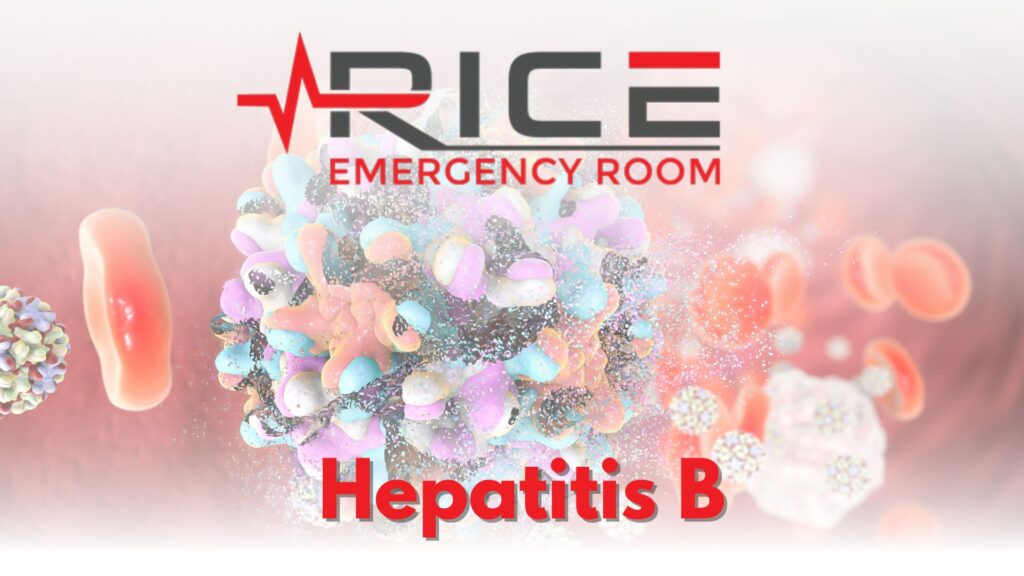
Food Allergy Anaphylaxis Emergency
Food allergy anaphylaxis is an immune system reaction to a particular food or ingredient that occurs when the body mistakes it as harmful. When someone with a food allergy consumes the trigger food, the body releases chemicals, such as histamine, that cause symptoms such as itching, swelling, difficulty breathing, and nausea.
Having a food allergy can be a challenging and sometimes scary experience. Still, it is essential to remember that there are ways to manage and treat food allergies to reduce the risk of a severe reaction.
Food Allergy Anaphylaxis
Food allergy anaphylaxis is a severe allergic reaction that requires immediate medical attention. It is characterized by symptoms that can quickly affect multiple body systems, such as the skin, respiratory, gastrointestinal, and cardiovascular systems. It is essential to be aware of these symptoms and to seek emergency medical help if you or someone you know is experiencing an anaphylactic reaction. Being prepared and learning how to respond can be life-saving. (Holland)
Symptoms
Anaphylaxis is characterized by a rapid onset of symptoms affecting multiple body systems. Some common symptoms of anaphylaxis include:
- Difficulty breathing or shortness of breath
- Tightness in the chest or feeling like the throat is closing
- Swelling of the lips, tongue, or throat
- Dizziness or fainting
- Rapid or weak pulse
- Skin rash or hives
- Nausea, vomiting, or diarrhea
- Itching or swelling in other parts of the body, such as the hands or feet
Food Anaphylaxis Causes
The immune system produces antibodies to defend against harmful substances. Still, in some cases, it may overreact and cause an anaphylactic reaction. An overreaction of the immune system causes anaphylaxis to a foreign substance that does not usually cause an allergic reaction in most people without known food allergies.
Food allergies, such as peanuts, tree nuts, fish, shellfish, wheat, soy, sesame, and milk, most commonly trigger children. In adults, common anaphylaxis triggers include certain medications, such as antibiotics, aspirin, and other over-the-counter pain relievers, as well as the intravenous contrast used in some imaging tests.
In rare cases, aerobic exercise or less intense physical activity, such as walking, may trigger anaphylaxis, especially if certain foods are consumed beforehand, or the weather is hot, cold, or humid. In some cases, the cause of an anaphylactic reaction is not identified, known as idiopathic anaphylaxis. Allergy tests can help to determine the allergen in most cases. (Mayo Clinic)
Prevention of Food Anaphylaxis Emergency
The first step to prevention is identifying the cause and avoiding substances that cause this severe allergic reaction.
Some of the common ways of prevention can be:
- A medical alert necklace or bracelet can indicate any drug or drug allergies.
- Keep an emergency kit with prescribed medications on hand at all times.
- Alert all healthcare providers to any previous reactions you have had to medications.
- If you have food allergies, carefully read labels on all foods you buy and eat, and ask about the ingredients and preparation methods when eating out. Even small amounts of allergens can cause a severe reaction.
(Mayo Clinic)
When Head to the Emergency Room
Individuals experiencing an anaphylactic reaction must seek emergency medical attention immediately. Anaphylaxis can become life-threatening in a matter of minutes if not treated properly.
When the patient arrives at the emergency room, medical personnel will closely monitor them and may administer additional doses of epinephrine if necessary. They may also prescribe antihistamines or corticosteroids to help manage any additional symptoms, such as itchiness or hives. (Santos-Longhurst)
In conclusion, anaphylactic shock is a serious and potentially life-threatening condition that requires immediate emergency room care. The faster you receive treatment, the better the chances of recovery. If you are at risk for food allergy anaphylaxis, it is crucial to work with your healthcare provider to develop an emergency plan. Long term, you may be prescribed allergy medication to reduce the likelihood or severity of future attacks.
Works Cited
Holland, Kimberly. “Timeline of an Anaphylactic Reaction.” Healthline, Healthline Media, 17 Sept. 2018,
www.healthline.com/health/allergies/timeline-anaphylactic-reaction#epinephrine.
Mayo Clinic. “Anaphylaxis.” Mayo Clinic, Mayo Foundation for Medical Education and Research, 2 Oct. 2021,
www.mayoclinic.org/diseases-conditions/anaphylaxis/symptoms-causes/syc-20351468.
Santos-Longhurst, Adrienne. “Why Anaphylaxis Requires a Trip to the Emergency Room.” Healthline, Healthline Media, 6 Apr. 2020,



